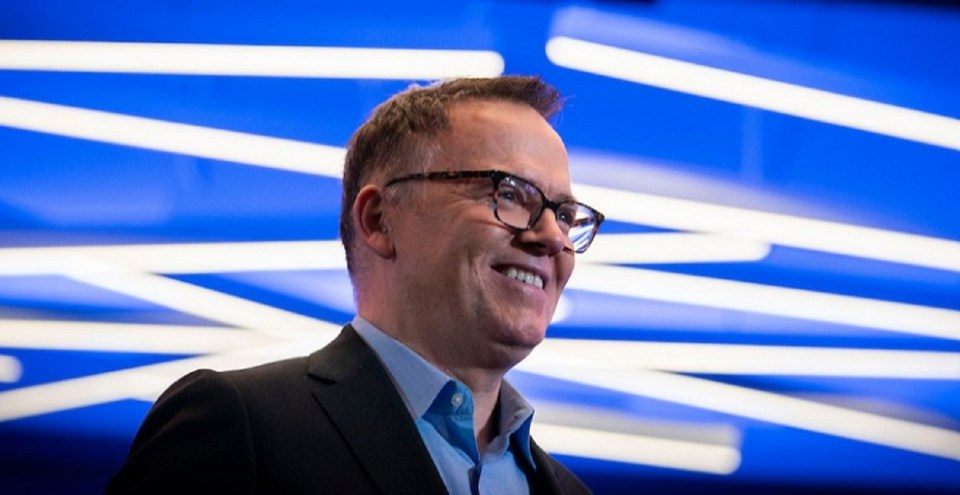Being stuck in a desperate situation often calls for desperate measures to be taken.
That is precisely what the beleaguered B.C. United Party is doing by asking Elections BC for permission to amend their party name on the ballot for the Oct. 19 provincial election.
After party leader Kevin Falcon led the charge two years ago to eradicate the “B.C. Liberal” name once and for all, he has now humbly succumbed to reality and agreed to try to bring the name back, albeit in bracket form after the B.C. United name on the ballot.
In a move the late pop musician Prince would be proud of, the party wants the ballot to read “B.C. United (formerly known as the B.C. Liberal Party)”.
While he originally wanted to get rid of the Liberal brand because it caused “confusion” he now wants to bring it back because the B.C. United name causes too much “confusion.”
It is quite the comedown for a political leader who is trailing all other party leaders in pretty much everything – voter intention, leadership approval, negativity ratings etc. – as the election campaign fast approaches.
Unless the B.C. United folks can pull off a major miracle, the party is shaping up to be the biggest crash and burn since the NDP staggered to a two-seat loss in 2001 and the Social Credit Party disintegrated in the 1991 election.
But at least the NDP rebounded sharply in just four years, winning 33 seats in the 2005 election and actually forming government 12 years later. Even as they fell apart, the Socreds somehow managed to win seven seats in that 1991 disaster, but they were finished as a party shortly after that.
Whereas the NDP is a resilient party – it first appeared on the ballot in 1963, and all parties on that ballot have since disappeared or been replaced by different versions of “Conservatives” and “Liberals” – the B.C. United Party seems more likely to mirror the fate of the Social Credit Party, unless it can flip the script in a hurry.
At this point, even matching the Socred score of seven seats in 1991 would seem miraculous. The party has just 11 incumbents running as candidates (that number seems constantly subject to change), as five of the 28 MLAs elected in 2020 have defected to the B.C. Conservatives and a dozen more, perhaps reading the writing on the wall, have opted not to seek re-election.
The B.C. United Party also suffered an internal blow last month, when veteran political organizer Kelly Reichert (who goes as far back as the Socred days) didn’t like what he was seeing and quit his party job, opting to return to his private mining business.
Falcon says he simply doesn’t believe the polls (ignoring the consistent accuracy major pollsters such as Angus Reid, Ipso and Abacus Data have displayed in a decade’s worth or various provincial and federal elections) and vows to continue.
He says his party will field a full slate of candidates, and he is no doubt hoping to outshine B.C. Conservative leader John Rustad in a televised leaders’ debate. If he can at long last convince the voters that his party’s political lineage dates to not only the BC Liberals but also the old Social Credit dynasty as well, maybe he can reverse momentum and put his party in contention.
But if not, there is a chance the B.C. United Party will eventually be known as something else entirely, such as “formerly known as a political party.”
Keith Baldrey is chief political reporter for Global BC



